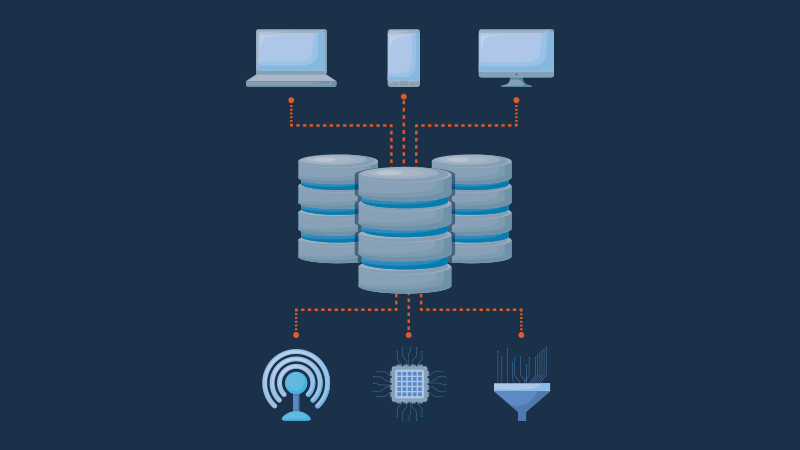Eleos Health, the leader in CareOps Automation for behavioral health, announced the publication of a study showing that using artificial intelligence (AI) in behavioral health treatment can effectively help patients adhere to evidence-based care (EBC) activities, using homework given to patients to track adherence.
The ability to monitor usage of these methods will help clinicians and supervisors ensure care is being given according to agreed upon action plans, while adhering to clinically proven treatments. The study, “Machine Learning Model to Predict Assignment of Therapy Homework in Behavioral Treatments,” was published in the Journal of Medical Internet Research (JMIR).
Clinicians only have a limited amount of time with their patients during each session. Between sessions, progress can be lost if clinicians deviate from plans or if patients do not practice and reinforce the skills they learned in their everyday lives. That’s why clinicians give “homework” to patients; homework can be an assignment, such as a worksheet, a task, or an insight a patient reflects on throughout the week, to be completed outside of sessions. Homework is considered an integral part of behavioral therapy, but homework compliance remains problematic in real-life practice.
This type of EBC has been shown to improve outcomes and clinician-patient satisfaction. Measurement-based care, a core part of EBC, gives patients a higher-level engagement and enhances clinical responsiveness to the patient. But, information on how clinicians practice has been limited to studies coming from academic centers or clinician self-reporting. In the study, Eleos’ AI was shown to have the ability to measure clinician adherence to measurement-based treatments by predicting outcomes through the use of homework as a treatment.
Homework has been shown to improve therapy outcomes across a range of conditions, including anxiety, depression, and substance use disorders. Homework encourages patients to practice and apply therapy-relevant skills between appointments. However, tracking assigned homework can be difficult for clinicians already balancing large patient loads with documentation burdens. The potential for AI to assist clinicians in highlighting specific homework assignments with each patient could reduce issues of omission or human error when tracking action plans.
SOURCE: PR Newswire


































